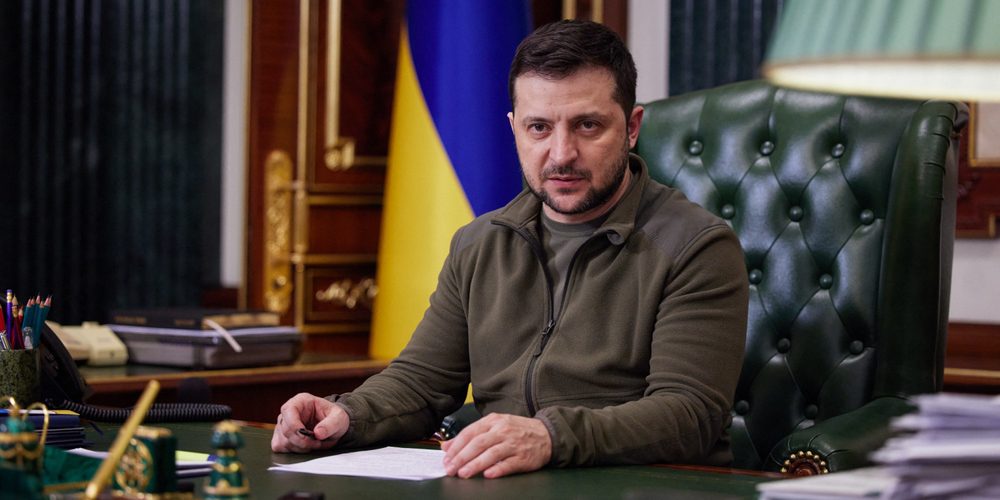
The G20, representatives of the world’s 20 largest economies, met in Bali for their 17th annual meeting on November 15th and 16th. Among the many economic and political topics discussed, the war in Ukraine and its political consequences for the world community played an important role.
Ukrainian President Volodymyr Zelensky addressed representatives of the G20 via video link during the ongoing summit on Bali. His speech, which purposefully omitted Russia, began “dear G19,” and thoroughly rejected the notion of negotiations.
The substance of his speech was uplifting but uncompromising. The Ukrainian leader celebrated the recent reconquest of Kherson while urging his audience not to expect any concessions from Ukraine when it comes to negotiating a peace treaty, stressing “there will be no Minsk 3”—a reference to the two previous Minsk agreements from 2014 and 2015 that were intended to facilitate a peaceful resolution between the parties of conflict.
The Ukrainian president did not shy away from historical comparisons when describing the recent successes. “For Ukraine, this liberation operation of our defense forces is reminiscent of many battles of the past, which became turning points in the wars of the past,” Zelensky said. “It is like, for example, D-Day—the landing of the allies in Normandy.”
The president appealed to international treaties, legislation, and national integrity to support his argument: “I want this aggressive Russian war to end justly and on the basis of the UN Charter and international law,” the president explained, adding that “Ukraine should not be offered to conclude compromises with its conscience, sovereignty, territory, and independence. We respect the rules and we are people of our word.”
These statements came in the wake of an earlier meeting between Chinese President Xi Jinping and French President Emmanuel Macron, in which Xi asked Macron to continue working towards peace negotiations in the conflict. According to the Chinese agency Xinhua, Xi “emphasized that China’s position on the Ukrainian crisis is clear and consistent, advocating ceasefire, cessation of war, and peace talks. The international community should create conditions for this, and China will continue to play a constructive role in its own way,” the Chinese president was quoted as saying.
Zelensky’s response to the proposed negotiations, however, stressed “one cannot trust Russia’s words”—denouncing Russia’s aggression as a breach of former treaties—stating there “will be no Minsk 3, which Russia would violate immediately after signing.” Ukraine and Russia both accuse each other of violating earlier Minsk treaties.
The Ukrainian president also thanked the ‘G19’ for dismissing “crazy threats of nuclear weapons,” for which there are “no excuses.” In doing so, Zelensky referred to repeated reminders by Russian President Vladimir Putin, that Russia would consider using nuclear strikes if its national integrity was threatened. However, Zelensky himself had given a speech in October (the European Conservative reported earlier) during which he had called for “preemptive strikes” against Russia. While this was understood as a call for preemptive nuclear strikes, this reading has been subsequently denied by the Ukrainian Presidential Office.
